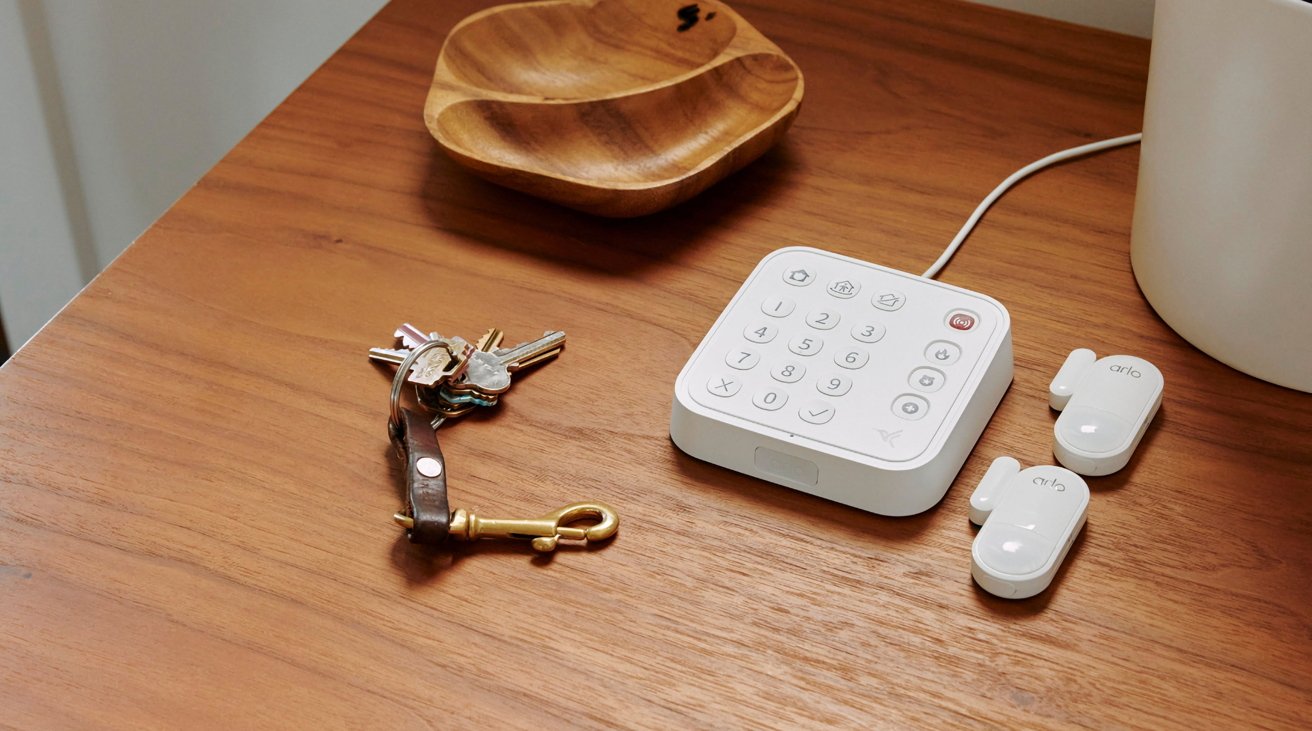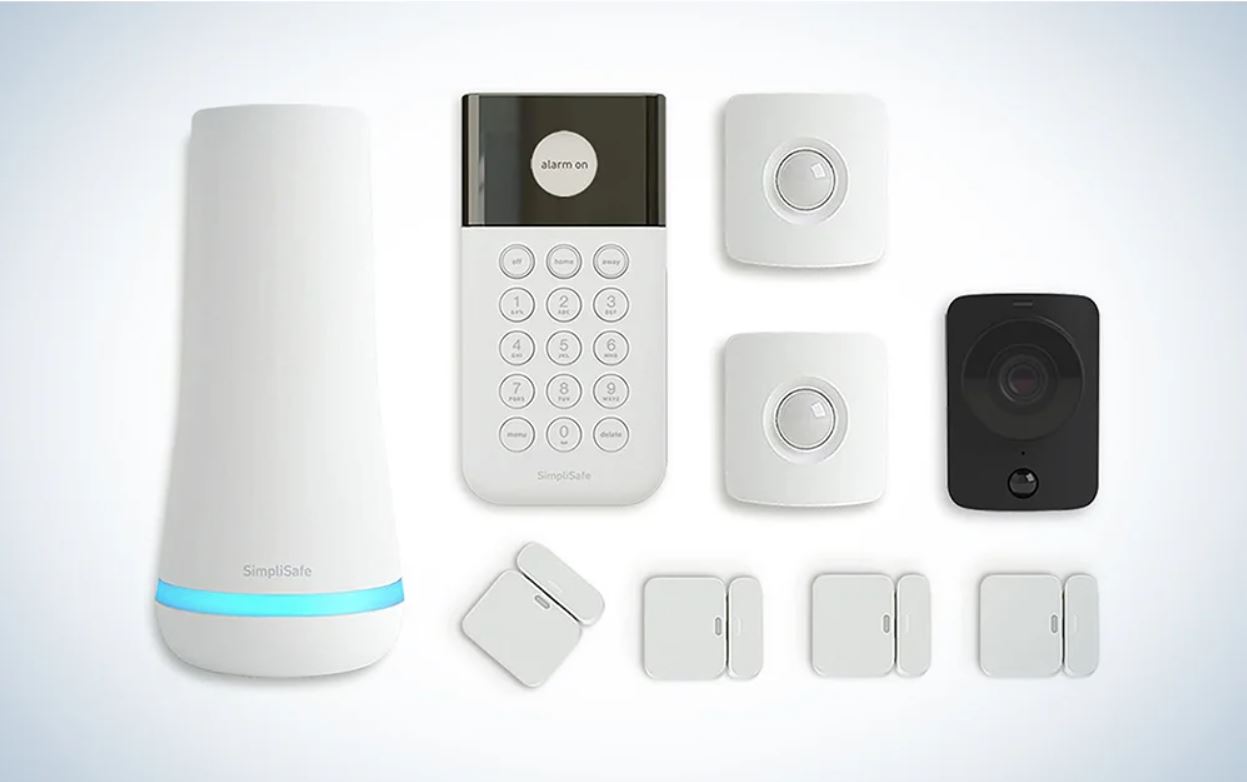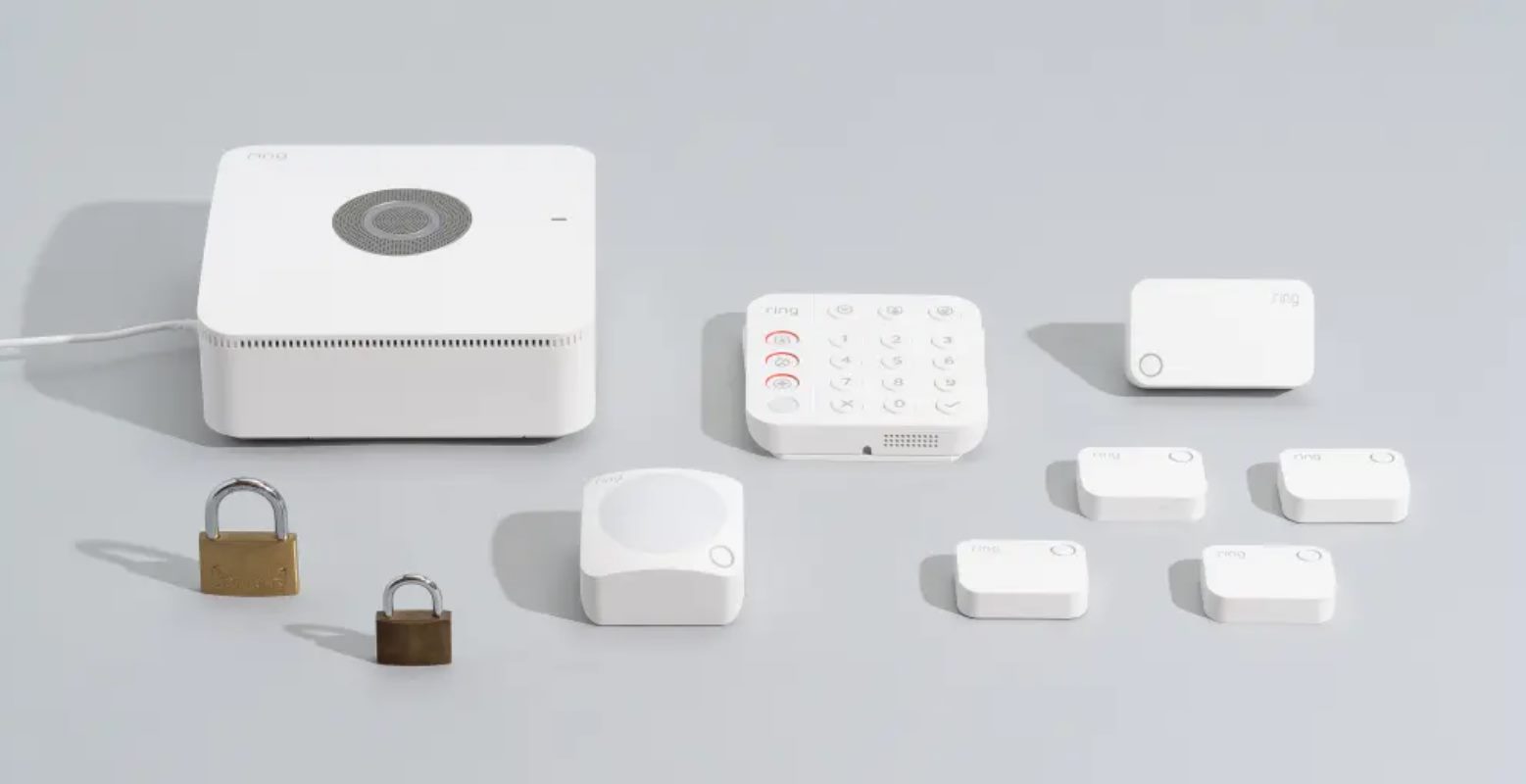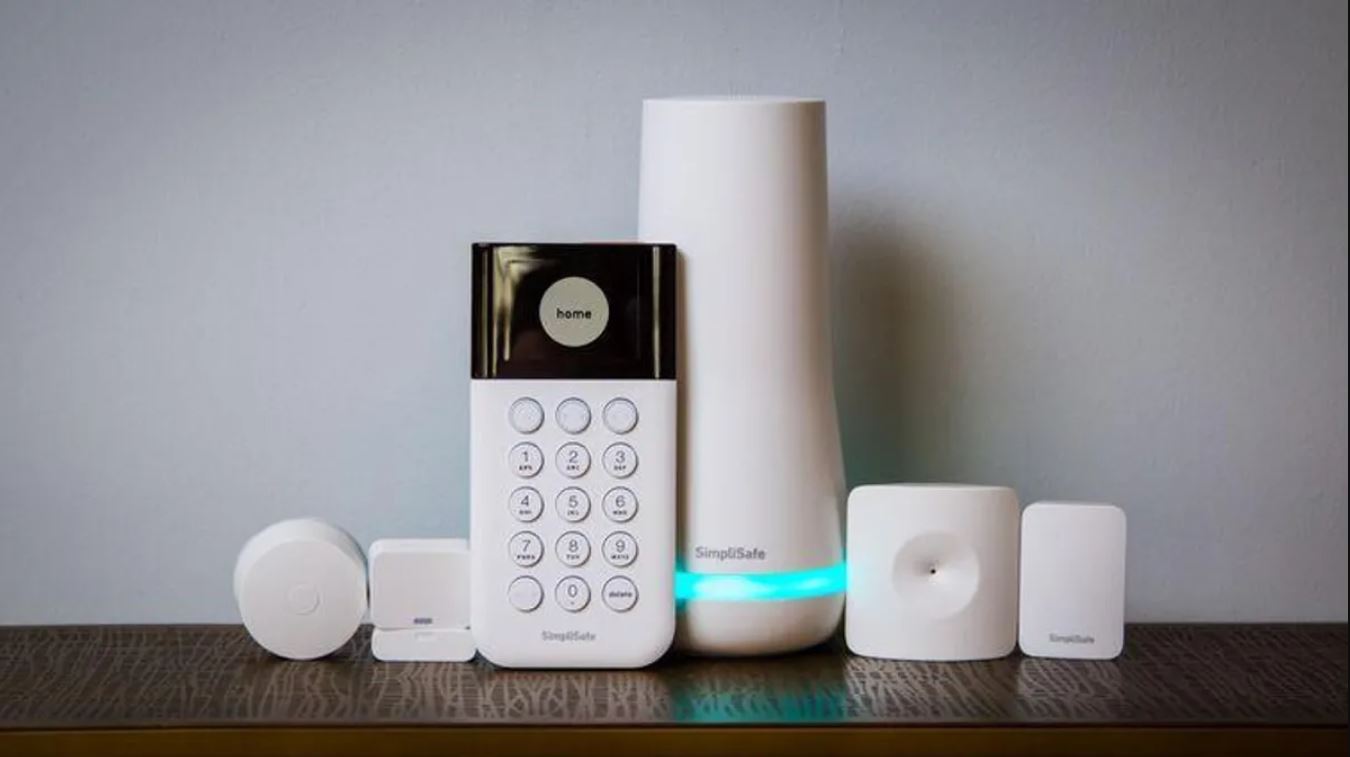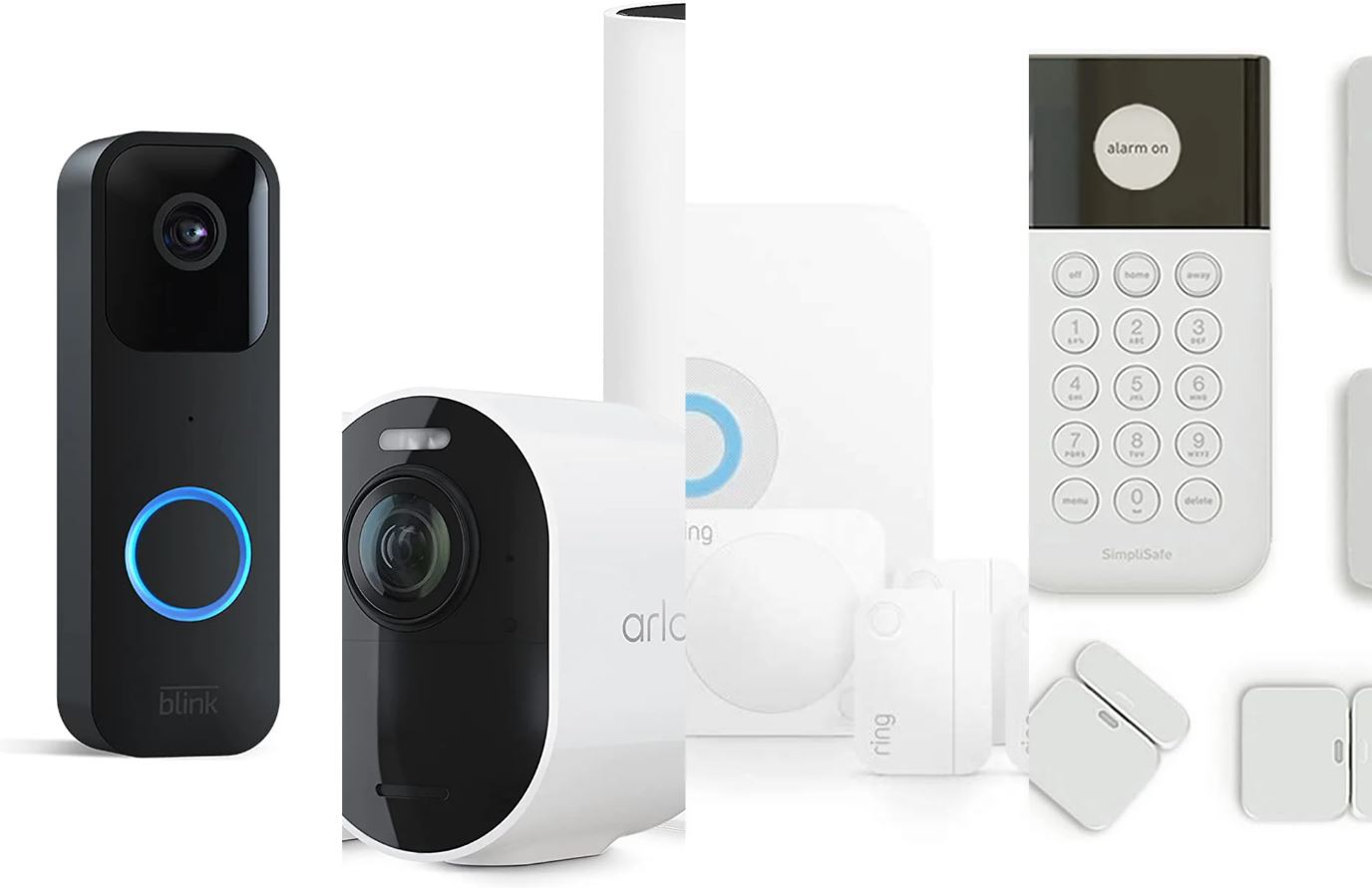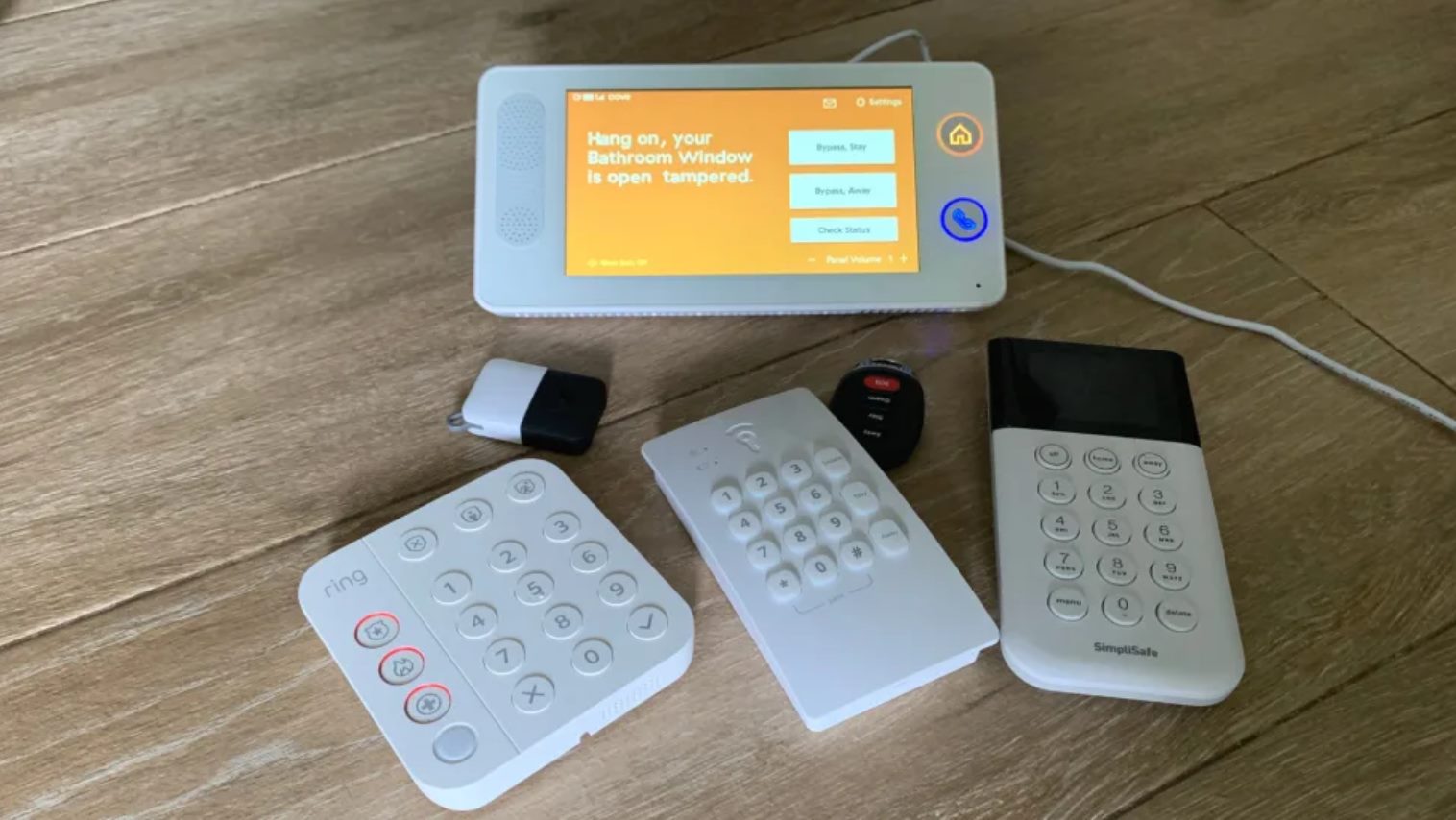Introduction
Welcome to the digital age, where having a reliable and high-speed internet connection is no longer a luxury but a necessity. Whether you’re working remotely, streaming your favorite shows, or simply browsing the web, having a stable wifi connection is essential for smooth and uninterrupted online experiences. However, many apartment-dwellers find themselves wondering just how much it will cost to have wifi in their homes.
The cost of wifi for an apartment can vary depending on several factors, such as your location, the type of internet plan you choose, and the internet service providers (ISPs) available in your area. This article will explore the different factors that affect the cost of wifi and provide tips on how to save money in the process.
Before we delve deeper, it’s important to note that the cost of wifi typically refers to the monthly fee you pay to your ISP for internet services. Other expenses, such as equipment rental or purchase, installation fees, and additional features, may also add to the overall cost. However, for the purpose of this article, we will focus primarily on the monthly charges for internet services.
So, let’s dive into the factors that influence the cost of wifi for an apartment and help you gain a better understanding of what to expect when setting up your internet connection.
Factors that Affect the Cost of Wifi
Several factors come into play when determining the cost of wifi for an apartment. Understanding these factors will help you make an informed decision and find the most suitable internet plan for your needs. Here are some key considerations:
- Location: The cost of wifi can vary depending on your geographical location. In urban areas, where there is more competition among ISPs, prices may be more competitive. On the other hand, in rural or remote areas, where infrastructure may be limited, the cost of internet services may be higher due to increased installation and maintenance costs.
- Internet Speed: The speed of your internet connection is a significant factor in determining the cost. ISPs offer different speed tiers, ranging from basic plans suitable for light browsing to ultra-fast plans for heavy internet users. Generally, faster speeds come with a higher price tag. Consider your usage requirements and choose a plan that offers the right balance between speed and affordability.
- Data Allowance: Some ISPs impose data caps on their plans, meaning you have a limit on the amount of data you can use each month. If you exceed this limit, additional charges may apply. Plans with higher data allowances or unlimited data tend to be more expensive. Assess your internet usage patterns to determine the appropriate data allowance for your needs.
- Bundled Services: ISPs often offer bundle deals that combine internet services with other utilities like cable TV or phone services. While these packages can be convenient and cost-effective, they may not be necessary if you only require internet access. Carefully evaluate your needs and consider whether bundled services are worth the additional cost.
- Contract Length: Some ISPs offer discounted rates for signing a contract for a specific period, such as one or two years. These contracts often come with early termination fees if you decide to cancel before the contract ends. Opting for a longer contract may help you save money in the long run, but keep in mind the potential consequences if you need to switch providers or move during the contract period.
By considering these factors, you can better assess the cost of wifi for your apartment and find a plan that aligns with your budget and internet needs. In the next section, we will explore the different types of internet plans available to further aid you in making an informed decision.
Types of Internet Plans
When it comes to choosing an internet plan for your apartment, there are various types available, each catering to different needs and budgets. Understanding the different options can help you make an educated decision. Here are the most common types of internet plans:
- DSL (Digital Subscriber Line): DSL internet utilizes existing telephone lines to provide internet connectivity. This type of plan is widely available and tends to be more affordable compared to other options. However, DSL speeds can vary depending on the distance from the ISP’s central office, and they may not offer the fastest speeds available.
- Cable Internet: Cable internet is delivered through coaxial cables, which are the same cables used for cable TV. Cable internet offers faster speeds compared to DSL and is more widely available in urban areas. However, in areas with high user demand, speeds may be affected during peak hours as the connection is shared among multiple users.
- Fiber Optic: Fiber optic internet is the fastest and most reliable internet connection available. It transmits data using light signals through thin glass fibers, allowing for incredibly fast speeds and low latency. Fiber optic internet is ideal for heavy internet users, gamers, and those who rely on fast and stable connections for work or entertainment. However, it is not available in all areas and tends to be more expensive than DSL or cable.
- Satellite Internet: Satellite internet is an option for those residing in rural or remote areas where other types of internet connections are not readily available. It utilizes satellite signals to provide internet access. While satellite internet offers coverage in hard-to-reach areas, it may have slower speeds and higher latency compared to other types of connections.
- Wireless Internet: Wireless internet, also known as mobile broadband or cellular internet, utilizes cellular networks to provide internet access. This option is suitable for those who need internet on the go or for temporary setups. Wireless internet plans often come with limited data allowances and may not be as fast or reliable as wired connections.
Consider your internet usage patterns, location, and budget when choosing between these different types of internet plans. Each option has its pros and cons, so select the one that best meets your needs and fits within your budget. In the next section, we will explore the Internet Service Providers (ISPs) that offer these plans.
Internet Service Providers (ISPs)
When setting up wifi for your apartment, the choice of Internet Service Provider (ISP) plays a crucial role. ISPs are companies that offer internet services and determine the availability, speed, and pricing of your internet connection. Here are some factors to consider when choosing an ISP:
- Availability: Check which ISPs operate in your area. Not all ISPs provide coverage in every location, so determine which providers service your apartment complex to narrow down your options.
- Speed and Performance: Look into each ISP’s advertised internet speeds and read customer reviews to get an idea of their real-world performance. You want an ISP that consistently delivers reliable and fast connection speeds, especially if you require high-bandwidth activities like streaming or gaming.
- Pricing and Plans: Compare the pricing and plans offered by various ISPs. Consider not only the monthly cost but also any additional fees, such as equipment rental or installation charges. Look for promotions or special deals that may lower the initial costs or offer discounted rates for the first few months.
- Customer Service and Support: Research the reputation of each ISP’s customer service. Read reviews and check their response time and willingness to resolve issues. A reliable and responsive customer support team can make a significant difference if you encounter any problems with your internet connection.
- Additional Features and Benefits: Some ISPs offer extra features or benefits, such as free access to WiFi hotspots, security software, or advanced router options. Consider these additional perks when comparing ISPs, as they can add value to your internet service.
Take your time to research and compare different ISPs based on these factors. Ask for recommendations from friends or neighbors who live in the same area to get firsthand experiences. Choosing the right ISP will ensure that you have a reliable and affordable wifi connection for your apartment.
Now that we’ve explored ISPs and their offerings, let’s move on to the next section, where we will dive into comparing wifi prices to help you make an informed decision.
Comparing Wifi Prices
When it comes to comparing wifi prices for your apartment, it’s essential to consider both the monthly costs and any additional fees or charges. Here are some tips to help you effectively compare prices:
- Research Multiple ISPs: Start by researching and obtaining price quotes from multiple ISPs in your area. This will give you a better idea of the average price range and help you spot any outliers.
- Consider the Total Cost: Look beyond the advertised monthly price and take into account any additional fees or charges associated with the plan. These may include equipment rental or purchase fees, installation charges, or activation fees. Calculate the total cost of the plan over a year or two to compare different options accurately.
- Compare Speeds and Data Allowances: Consider the internet speeds and data allowances offered by different ISPs. Don’t just focus on the price alone; ensure that the plan you choose meets your internet usage requirements. Look for unlimited data plans or plans with higher data allowances if you have a heavy internet usage.
- Check for Promotions and Discounts: Keep an eye out for any promotions, discounts, or bundle deals offered by ISPs. These can significantly lower the initial costs or provide additional benefits, such as free equipment or upgraded speeds. Be aware of the terms and conditions associated with these offers, including any potential price increases after the promotional period.
- Read Customer Reviews: Look for customer reviews and ratings for each ISP you are considering. Feedback from current and past customers can provide insights into the reliability, customer service, and overall satisfaction with the pricing and services offered by a particular ISP.
Take the time to compare wifi prices and consider the features and benefits of each plan. Remember that the cheapest option may not always be the best, as the quality and reliability of the internet connection are equally important. Find a balance between affordability and the level of service that meets your needs and expectations.
Next, we will explore some additional costs to consider when setting up wifi for your apartment.
Additional Costs to Consider
When budgeting for your apartment’s wifi, it’s important to be aware of potential additional costs that may arise. While the monthly internet plan price is a crucial factor, there are other expenses to consider as well. Here are some additional costs to keep in mind:
- Modem and Router: Most ISPs will provide you with a modem or a modem/router combo for a monthly rental fee. Alternatively, you can opt to purchase your own equipment upfront. Consider the initial cost of purchasing a modem and router versus the monthly rental fee and decide which option is more cost-effective in the long run.
- Installation and Activation: Some ISPs may charge an installation or activation fee when setting up your internet connection. Be sure to inquire about any potential fees upfront to avoid surprises. In some cases, ISPs offer promotions that include free installation or waived activation fees, so keep an eye out for these deals.
- Equipment Upgrades: Over time, you may find that you need to upgrade your modem or router to take advantage of faster internet speeds or newer technologies. Factor in the potential recurring costs of equipment upgrades to ensure you’re prepared for any future expenses.
- Add-On Services: ISPs often offer add-on services such as enhanced security features, cloud storage, or additional email accounts for an extra fee. Assess if these services are necessary for you or if you can find alternative solutions at a lower cost.
- Early Termination Fees: If you sign a contract with an ISP and decide to terminate it before the contract period ends, you may be subject to early termination fees. Consider the potential cost of early termination if you foresee the need to switch ISPs or relocate in the near future.
By considering these additional costs, you can better estimate the total expenses associated with setting up and maintaining your apartment’s wifi. Be sure to read the fine print and ask your ISP about any potential fees or charges to avoid any surprises on your bill. Next, let’s explore some tips for saving money on wifi.
Tips for Saving Money on Wifi
Setting up wifi for your apartment doesn’t have to break the bank. By following these tips, you can save money on your internet expenses:
- Bundle Services: Consider bundling your internet with other utilities, such as TV or phone services, from the same provider. ISPs often offer discounted rates for bundled packages, which can help you save money on your overall monthly expenses.
- Explore Promotions and Discounts: Keep an eye out for promotional offers and discounts from ISPs. These can include reduced pricing for the first few months of service or free equipment rentals. Take advantage of these deals to lower your initial costs or secure more affordable monthly rates.
- Assess Your Internet Speed Needs: Evaluate your internet usage patterns to determine the appropriate internet speed for your needs. If you primarily use the internet for basic browsing and streaming, you may not need the highest-speed plan available. Opting for a lower speed tier can lead to significant cost savings while still meeting your everyday usage requirements.
- Review Your Data Allowance: If your ISP imposes data caps, monitor your usage closely to avoid exceeding the limits and incurring additional fees. Consider upgrading to a plan with a higher data allowance or opting for an unlimited data plan if you consistently exceed your current limit.
- Negotiate with Your ISP: Reach out to your ISP and inquire about any available discounts or lower-priced plans. Some ISPs may have retention offers or special deals for long-term customers. Negotiating can help you secure a more affordable rate for your internet service.
- Consider Buying Your Own Equipment: Instead of renting equipment from your ISP, consider purchasing your own modem and router. While there will be an upfront cost, you can save money in the long run by avoiding monthly rental fees.
- Monitor Your Bill: Regularly review your internet bill to ensure you’re not being charged for any unnecessary fees or services. Contact your ISP if you notice any discrepancies and request clarification or resolution.
- Compare ISPs Regularly: Periodically compare the prices and offerings of different ISPs in your area. New providers may enter the market or existing ones may update their plans, resulting in improved pricing or better services. Staying informed and exploring your options can help you save money by switching to a more cost-effective ISP.
By implementing these tips, you can optimize your apartment’s wifi expenses and potentially save a significant amount of money. Assess your needs, explore available options, and be proactive in managing your internet costs. Now, let’s wrap up with a recap of the key points discussed in this article.
Conclusion
Setting up wifi for your apartment involves considering various factors, including location, internet speed, ISP options, and additional costs. By understanding these factors and following the tips provided, you can make an informed decision that suits both your internet needs and budget.
Factors such as location can affect the availability and cost of wifi in your area. Considering the type of internet plan that best fits your needs, such as DSL, cable, fiber optic, satellite, or wireless, will help you choose the most suitable option.
Comparing wifi prices is crucial to finding the most cost-effective ISP for your apartment. Take into account both the monthly fees and any additional costs, such as equipment rental or installation fees, to accurately compare pricing among different providers.
In addition to the monthly charges, be aware of potential additional costs, including equipment fees, upgrades, and early termination fees. Before finalizing your decision, carefully review the terms and conditions of the chosen ISP.
To save money on wifi, consider bundling services, exploring promotions, and negotiating with your ISP for discounts. Assess your internet speed and data needs to avoid paying for unnecessary features, and consider purchasing your own equipment to save on rental fees.
Keep in mind that periodically reviewing your bill, comparing ISPs, and staying informed about new offers can help you continue to save money and maximize your internet experience in your apartment.
By understanding your options and making informed choices, you can set up reliable wifi in your apartment without breaking the bank. Enjoy seamless online experiences and stay connected in the comfort of your own home!









